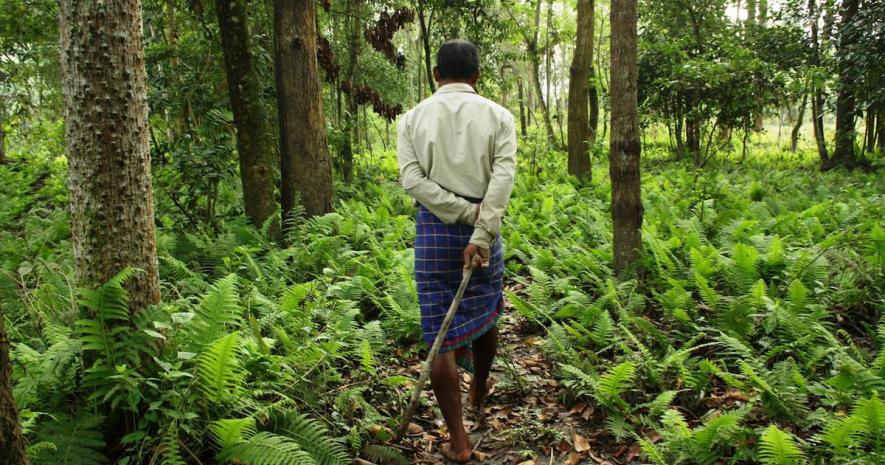An analysis reveals that forest rights recognition is a crucial issue in 153 parliamentary constituencies ahead of the 2024 elections. These areas, where the Forest Rights Act (FRA) could empower tribal and forest-dwelling communities, present a significant electoral factor. Despite the Act’s potential, its implementation remains inadequate, raising questions about political commitment to tribal rights. The report underscores the need for effective FRA implementation, highlighting issues such as community forest rights, evictions, and legislative changes affecting forest communities.
- Electoral Impact: Analysis identifies 153 parliamentary constituencies where forest rights recognition is pivotal. Despite BJP’s dominance in these areas, the Congress, the architect of FRA, has struggled electorally, indicating a disconnect between policy enactment and electoral success.
- Potential Impact: Recognition of community forest rights (CFRs) could secure livelihoods for over 200 million people, including 90 million tribal individuals. However, only a fraction of the potential rights have been acknowledged, emphasizing the need for robust implementation.
- Policy Concerns: Recent legislative changes, such as amendments to forest conservation laws, have raised concerns among forest rights advocacy groups. These changes, coupled with ongoing land conflicts, underscore the complex landscape of forest governance and tribal empowerment.
- Election Dynamics: In constituencies with significant tribal populations, issues like FRA implementation, land tenure rights, and evictions take center stage during elections. Political candidates, both incumbent and opposition, leverage these issues to mobilize support.
- Policy Shifts: Recent policy developments, including proposals to involve the private sector in afforestation, have drawn criticism. Amendments to forest conservation rules have raised questions about their alignment with FRA provisions, prompting clarifications from the government.
- Legal Framework: The FRA, 2006, aligns with the Panchayat (Extension to Scheduled Areas) Act (PESA), 1996, emphasizing village self-rule and participatory governance. However, effective implementation of these frameworks remains a challenge, necessitating political will and community engagement.
The analysis underscores the intersection of forest rights, governance, and electoral politics, highlighting the imperative for inclusive policy frameworks and robust implementation mechanisms to safeguard tribal rights and promote sustainable forest management.






